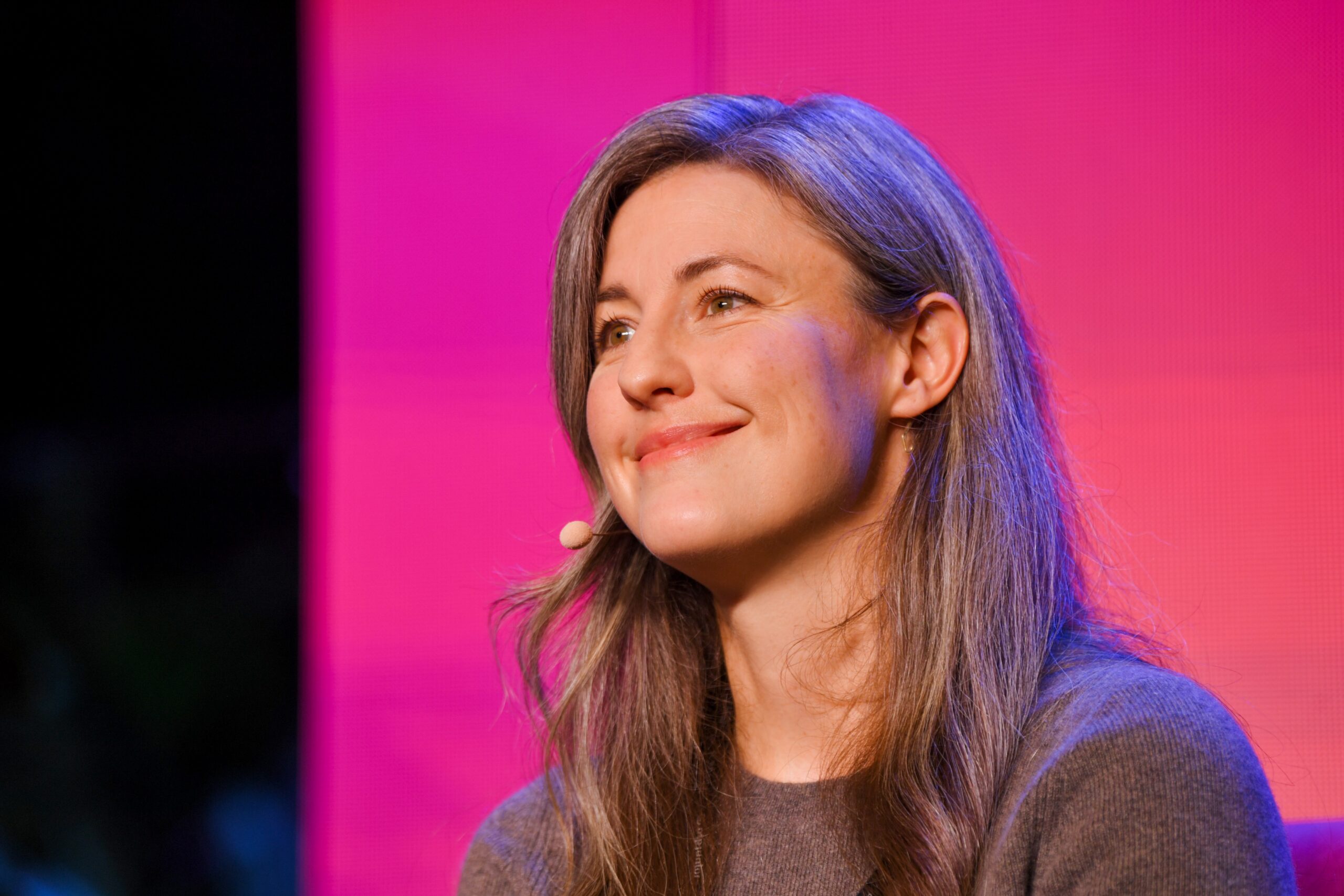Keynote Speakers
Kathryn Paige Harden
Kathryn Paige Harden, Ph.D., Professor of Psychology at the University of Texas
Director of the Developmental Behavior Genetics lab and co-directs the Texas Twin Project

Unique chance to meet Prof Paige as this is her first visit to Finland!
Kathryn Paige Harden is internationally recognized for her pioneering work on genetics, behavior, and social inequality. Her visit marks her first appearance in Finland, offering a rare opportunity to hear one of the leading voices at the intersection of psychology and social policy.
In addition to research, Paige teaches “Introduction to Psychology” in a synchronous massive online class. The Genetic Lottery: Why DNA Matters for Social Equality (2021, Princeton) is her first book. She is currently working on a new book, Original Sin, to be published by Random House.
“People end up with very different amounts of health, wealth, and life itself. My scientific research uses twin studies and big genetic datasets to understand why people’s lives turn out differently. Genetic data don’t just tell us about our biology; they are also a tool for understanding how our environments affect us. Many social inequalities are rooted in differences that emerged early in life. I am particularly interested in adolescence — a period of rapid and formative change. Whether or not a teenager succeeds in school, begins childbearing, begins abusing substances, or engages in criminal behavior will affect the rest of their lives. My work focuses on the causes and consequences of these and other aspects of adolescent development.”
Source: www.kpharden.com
Philip N. Cohen
Philip N. Cohen, Professor of sociology and a demographer at the University of Maryland
Philip N. Cohen is a leading scholar of family sociology, inequality, and social change. He is also known for his influential work in public sociology and for advocating open, transparent, and impactful research communication.
“I write about demographic trends, family structure, the division of labor, health disparities, and open science. My commentary on topics ranging from race and gender inequality to parenting, poverty, and popular culture has appeared in outlets such as the New York Times, the Washington Post, the Atlantic, the Chronicle of Higher Education, and the New Republic. The results of my research have been widely reported in major media, and I often comment on new research or trends in the news.
My popular textbook, The Family: Diversity, Inequality, and Social Change, is now in its fourth edition. For three years I was co-editor, with Syed Ali, of Contexts, the public-facing magazine of the American Sociological Association.
Since 2016, I have been the founding director of SocArXiv, an open archive for the social sciences, and an advocate for open science in the research community. I am active in efforts to reform the system of scholarly communication, and often speak on the topic of how scholars can productively engage with our many public audiences, to improve our work and deepen its impact.”
Source: www.philipncohen.com
